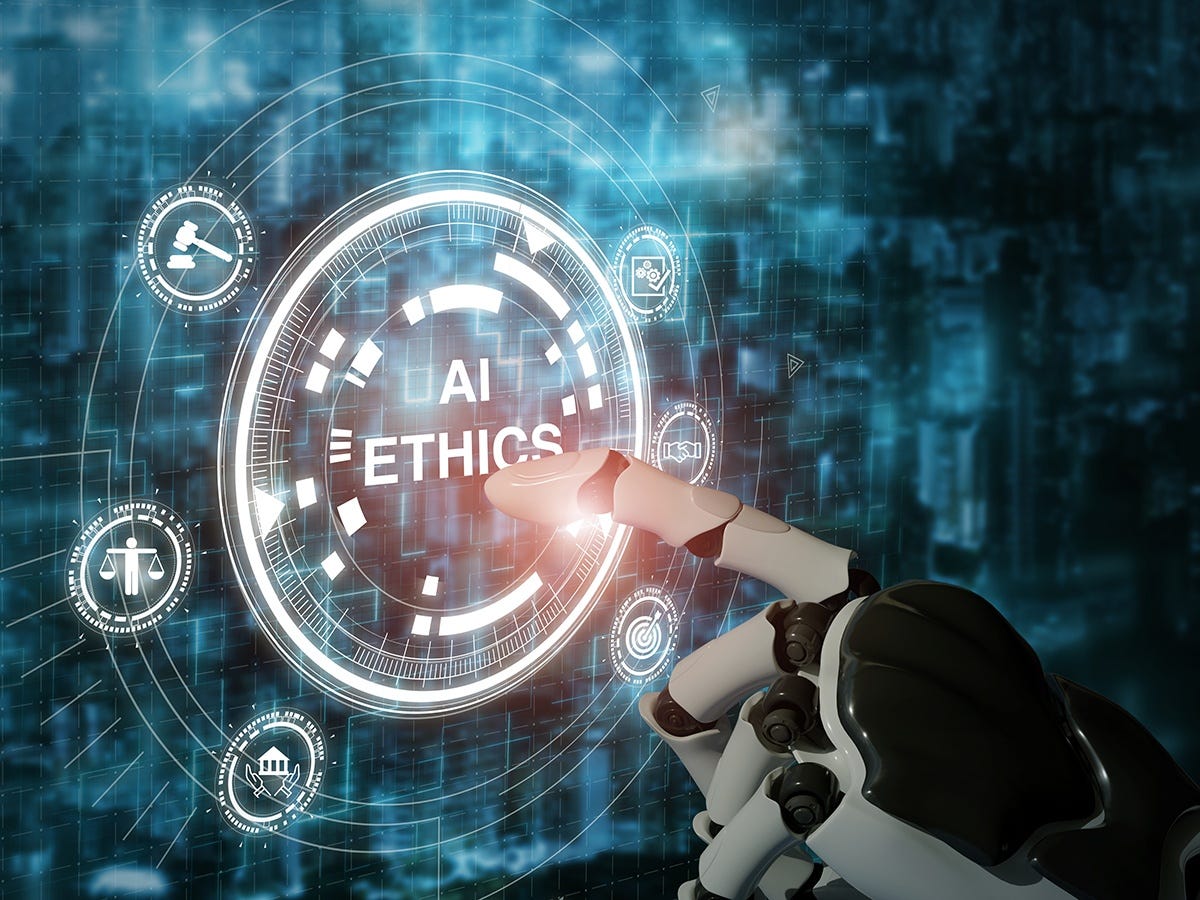It Is Just a Different Revolution
For those in the US, I don't know if you watched the Oprah special on "AI and the Future of Us" on Thursday evening, 9/12/24. It was suitable for people who don't understand the concern about Artificial Intelligence (AI). Many in the US believe it will just go away someday, or they say, "It doesn't have an impact on me," or the one I hear at the gym often is, "I don't care. I will be dead before it becomes a problem." As I watched the program, I wondered if it may have opened a few eyes, maybe got some people thinking about learning more, and hopefully asking questions. What I liked about what she was able to do in the hour was highlight the ethics, religion, and life issues those questions such as what it means to be human in a world of AI or, as I like to say, emerging technology and her guest all hit on the critical topic of societal phase change and what is the rate of change that will make all the difference in our lives. It was good to hear them talk about guardrails and how we have experienced this in the past with emerging technology. I had to laugh; they used the same example I used in class with cars and driver's ed. LOL
How many of us subscribe to the ideals of Joseph Cardijn and others, the teachings of Catholic Social justice, the encyclicals, and related documents dealing with what it means to be a human and the difference it makes? How do we employ the See-Judge-Act method in AI? What are AI's ethics, what are AI's politics, and what is its cause/effect on our institutions, including our religious institutions?
When I started teaching my AI class in 2020, I was immediately struck by the rapid pace of change in the field. This realization led me to update the course every semester, ensuring that my students are always at the forefront of AI developments. I even changed the course's name to "Two Faces Have I…says AI" to reflect better the complex nature of AI and its societal impact. This emphasis on ongoing education is empowering, as it equips us with the knowledge to navigate the complexities of emerging technology and societal change.
In my class, I would always say that by the year 2035, we will see a significant transformation in culture, politics, religion, and how we teach, experience medical treatment, live life, and earn a living as humans because of AI. The experts on the show pointed out that 2035 will be a significant pivotal turning point for society. We all know the pace at which this technology is moving, and no one is convinced that all who should be concerned are concerned.
I am not convinced that the church in the United States (most denominations) is grasping the significant transition that humans are just beginning to experience with new emerging technology. We are just taking the first steps in the world of the autonomous revolution. I can't help but feel how Galileo Galilei must have felt in his day dealing with the church.
On that note, we see the Vatican addressing the issue. So ask yourself: Are you aware that the Catholic Church has joined up with IBM and Microsoft to work on the ethics of artificial intelligence? The Rome Call for Ethics was co-signed by Microsoft president Mr Smith, IBM executive vice president John Kelly, and Archbishop Vincenzo Paglia, president of the Pontifical Academy for Life. If you were to ask your local parish priest or religious education teachers what their understanding of the "The Rome Call for Ethics” is all about, it would be interesting to hear their response.
If we use the See-Judge-Act method, we should come to an understanding that puts humans at the center of new technologies, not just the unwilling recipients of the technology. We all, including the hierarchy, should ask for AI to be designed with a focus on the good, the greater good, of the environment. We must innovate, educate, and collaborate for our standard of living and shared home and its human inhabitants, as well as think about the greater good for the common good of all.
Joseph Cardijn and those who adopted his teachings regarding labor and developed an ethical understanding of labor and human rights can be compared to an approach to ethics for machines, software bots, artificial intelligence, and machine learning.
If we dig deep into the writings of Joseph Cardijn's followers, including his writings, but more importantly, the actions and leadership they all took to bring about change, we can find a lot of common ground. When we look at the world's great religions and philosophies and the leaders of those religions, we see some similar themes, all centered on understanding what the more significant suitable means for the common good of all human beings.
If you didn't see the program, I am sure ABC will have it on replay, and so will other providers, etc. Those in other countries I am sure you can find it on the internet sooner or later. Remember, it was just an hour, and it included commercials, of course. Still, we need to start opening up the conversations and raising awareness about what it means to be a human and the difference it makes.
Is our world today any different from what the world of Joseph Cardijn was all about? It is just a different revolution.
Photo: Texas A&M University School of Public Health


